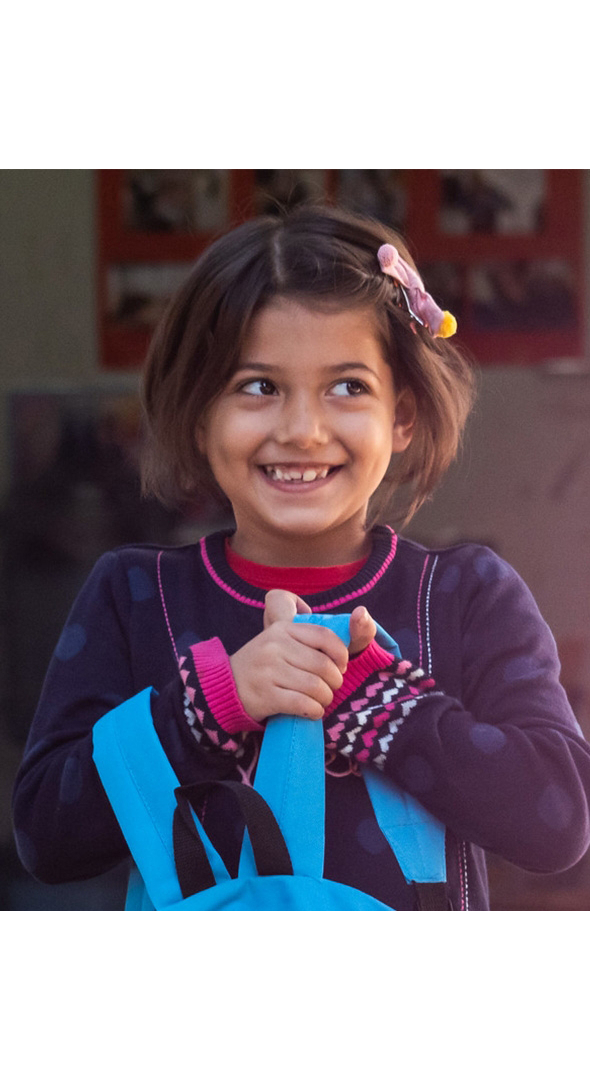UNICEF launches HK$11 billion appeal in response to most extreme crises
2011-03-07
GENEVA/HONG KONG, 7 March 2011 – UNICEF released the Humanitarian Action for Children Report 2011 today, requestingUS$1.4 billion (HK$10.9 billion) in its annual appeal to donors to assist children and women caught in the throes of crises. This year’s appeal highlights 32 countries, such as North Korea, Afghanistan, Pakistan and so on, and emphasises the increasing importance of strengthening the resilience of communities.
The world witnessed overpowering humanitarian crises in 2010: flooding in Pakistan submerged one-fifth of the country; the earthquake in Haiti claimed over 200,000 lives and displaced millions; the parched earth and lack of food across the Sahel continues to threaten hundreds of thousands of children with severe acute malnutrition. These emergencies claim the headlines, but there are many more lesser-reported crises affecting the lives of children and families.
Around the world, drought, famine, violent conflict, and long-term displacement are a reality for millions of people. These humanitarian crises have dire consequences for children, among them recruitment into armed forces, sexual violence, and the loss of basic services such as water, health and education. “Investing in children and building the resilience of countries and communities living on the edge not only shortens their road to recovery, but also helps them to manage anticipated risks before a crisis strikes and to mitigate loss when it does,” said UNICEF’s Deputy Executive Director, Hilde Johnson.
The unprecedented scale of the disasters in Haiti and Pakistan in 2010 triggered an extraordinary global response from all humanitarian organisations and partners. Yet it also underscored the need to strengthen preparedness and risk reduction in the communities that are hit repeatedly by crisis. Granting vulnerable communities the skills to face and withstand risk is an increasingly important component of humanitarian action, and an area to which UNICEF is deeply committed.
UNICEF’s Humanitarian Action for Children Report 2011 presents crises that require exceptional support. The 32 countries targeted have been prioritised based on the scale of the crisis, the severity of its impact on children and women, the chronic or protracted nature of the crisis, and the potential to ing about life-saving and long lasting results. It shows where urgent action is imperative to save lives, to protect children against the worst forms of violence and abuse, and to ensure access to basic services, such as water and sanitation, health, nutrition and education.
“After a year of devastating natural disaster and human tragedy, it has never been more timely to strengthen the resilience of people and communities who are placed in harm’s way again and again,” said Johnson.
Click here to download Humanitarian Action for Children Report 2011









